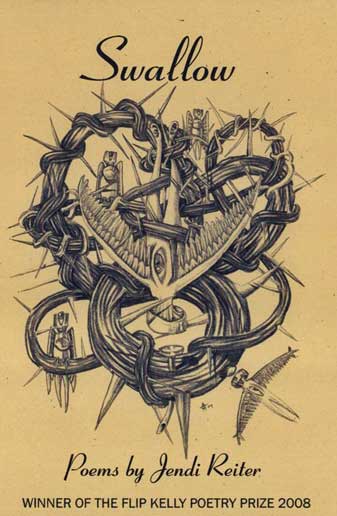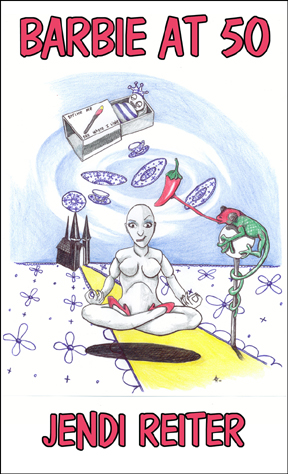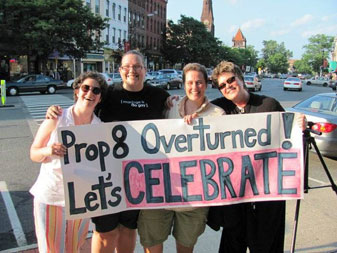Trust. It’s an inference from the seen to the unseen, from the past to the future. Though “live in the moment” is the spiritual catchphrase of our supremely distracted society, trust tells us to do the opposite. This mood will pass, it says; this person or situation deserves to be seen in context, not judged on a surface reaction.
In order to learn from our teachers at a deeper level, we have to trust them. I first realized this when I took voice lessons in my 20s. Before then, I thought of my teachers as the people who gave me assignments, which I would figure out for myself, or decide not to complete if I didn’t consider them worthwhile. I really wanted to learn to sing, but unlike schoolwork, I didn’t even know what the necessary skills were or how to acquire them. My voice coach used a delightfully absurdist method that involved interfering with my normal control mechanisms (e.g. holding my tongue while I sang an aria as “glah glah glah”) to bring out the natural, relaxed voice. I couldn’t understand why this would work; all I could do was surrender to it, or not. Fortunately, I did. I not only learned how to sing, but how to trust.
Spiritual development happens the same way. All the human minds in the world, put together, can’t encompass the infinity of God. If we share our insights, though, we can get a bigger picture of God than if we each had to start from zero. Sometimes we can test others’ beliefs against our own experience, but (as with history, or science, or any other knowledge field) many times we also have to rely on second-hand reports.
The question is, which ones?
When I was preparing for baptism into the Episcopal Church, about 10 years ago, a conservative Catholic friend explained the magisterium to me as follows: The more we find that the Church has been reliable in areas of our direct experience, the more we realize we should trust the Church’s commands even when we don’t understand them so well. Later, Protestant friends would make a similar claim about the Bible.
For a long time, I was open to this, never to the point of believing in papal or Biblical infallibility (an incoherent concept, in my view), but generally feeling that as a Christian I ought to give tradition the benefit of the doubt. St. Paul’s words about grace in Romans 7-8 were lifesaving to me, and this encouraged me to hope that the rest of the Bible was infused with the same wisdom and power. Sure, I knew about the sexist, violent, tribalistic, unscientific, and plain weird bits of the Bible, but these were “a few bad apples”.
That was before I started hanging out with actual Christians.
My teachers in the faith were only human. They could have a gospel-inspired heart for the poor and a hardened heart toward unbelievers; a radically welcoming stance toward doubters and marginalized people and a smug liberal contempt for my “personal relationship with Jesus”.
But this complicates the issue of trust. Human psychology, like the Bible, being irreducible to a consistent philosophical system, it’s an oversimplification to say “Pastor X or Prophet Y was right about war, therefore he must be right about sexuality.”
Yes, the Bible is the place where I’ve found transformative forgiveness and comfort, and a vision of full equality for all people. It’s also the place where I’ve found condemnation of innocent people, and justification for oppressive social structures.
I’m at a point where I feel comfortable using the ethics of Jesus, as found in the gospels, to judge and prioritize all other Biblical texts. But then what remains of the Bible as a unified thing? The unraveling can be compulsive. I still read the Scripture passages each morning in the Daily Office, but with the mind of that combative high-schooler I used to be. I might like to believe the promises of vindication in the Psalms, for instance, but a little voice nags me that I have no basis for this, no reason to trust these words merely because they’ve historically been part of the same collection as other documents that I currently find convincing.
Oh, taste and see?


